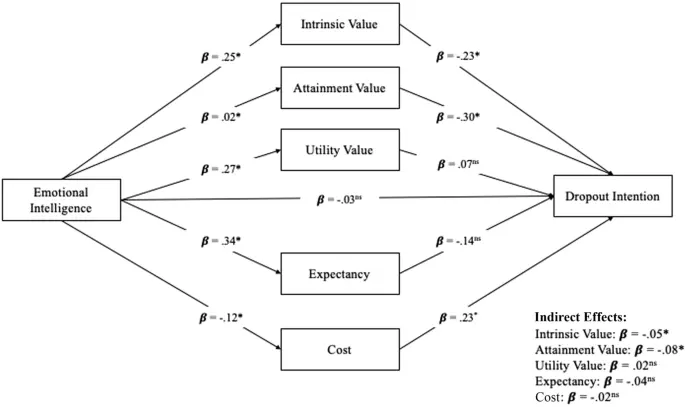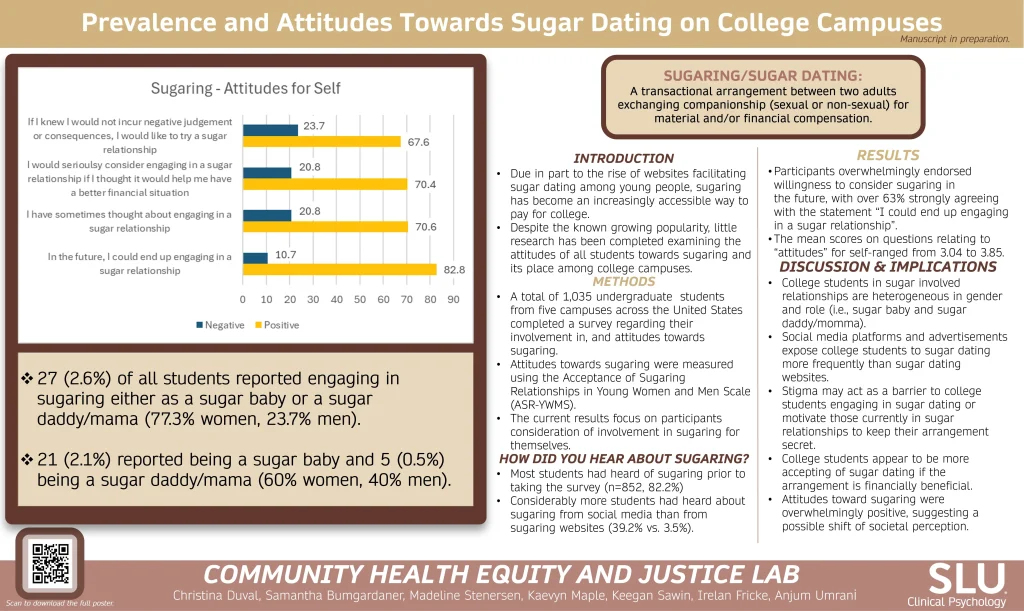Minority Mental Health in Community
Examining presentations of psychopathology in underrepresented groups, help-seeking behavior, access to care, and culturally valid treatments.
If I had a thousand tongues and each tongue were a thousand thunderbolts and each thunderbolt had a thousand voices, I would use them all today to help you understand a loyal and misrepresented and misjudged people
As a Black woman who has traced back her lineage to know the names and places of my enslaved ancestors, I have only just begun to process the trauma of my community’s history. My research interests are informed by the maladaptive patterns I see within my own family and the neighborhoods I grew up in. I adopt a liberatory, social justice framework to explore who, what, how, and when Black people continue to be harmed by the legacy of slavery and systemic racist oppression. Through my legacy of scholarship, I hope to uncover interventions and methodologies that move minority mental health from deficit models to healing and empowerment.
The research I have conducted or engaged in has fluctuated throughout my academic career. In undergrad, I studied forensic psychology, specifically mental health and contextual factors in justice involved African American youth. Then I studied socio-emotional learning in college students during my master’s program. Below are the current content areas I currently, or am planning to work in.
I value research and am always open to interdisciplinary projects. Systemic and generational problems require multifaceted solutions. The projects below may seem unrelated, but actually reflect my diverse research interests and skills that can be applied to any project. I am currently open to research collaboration, please contact me to discuss future opportunities. I’m ready to publish our next paper!
The detrimental effects of anti-Black violence on the Black community have long been discussed (Sellers, 1998), but with an increased number of reports in the media, it has recently become an important topic of research (Dyar et al., 2022, Haas et al., 2022, Sosoo et al., 2022). Further, the popularity of social media has expanded the proximity to these violent acts. The present study explores the relationship between personal perceptions of racial identity and race-related stress responses to Black media violence. Specifically, the researchers wanted to know: how do the perceptions of racial identity predict race related stress responses to Black media violence? The study examines the extent to which a dimension of racial socialization, Private Regard, moderates the relationship between daily media consumption and race-based traumatic stress responses. Participants (N = 202) completed the Multidimensional Inventory of Black Identity, Race-Based Traumatic Stress Symptom Scale (RBTSS), and Media Exposure to Acute Media Violence Scale to assess Black identity, race-based traumatic stress, and media violence exposure, respectively. Emerging adults (18-29 years) exhibited notably higher levels of depressive symptoms compared to adults aged 30 or older. Additionally, men reported more frequent experiences of avoidance and low self-esteem than women. Direct effects found increased consumption of Black media violence predicted more frequent intrusive thoughts and depressive symptoms. Private regard did not moderate the relationship between daily media violence consumption and total race-based traumatic stress or individual symptoms. Clinical implications, future directions, and limitations are discussed.

Timely degree completion is a topic of interest for numerous stakeholders, including university officials, students, and parents. Unfortunately, a significant number of students encounter challenges within university settings that postpone degree completion or contribute to academic dropout. The available literature suggests that emotional intelligence functions as a protective factor that promotes academic resilience and decreases the likelihood of academic dropout. However, the mechanisms by which emotional intelligence supports degree completion are not fully understood. Therefore, the current study was designed to investigate if the relationship between emotional intelligence and dropout intentions is mediated by task-value and expectancy. University students (N = 337; 66.97% Caucasian/White; 85.89% female; Mean Age = 27.92) completed the Wong and Law Emotional Intelligence scale, self-report measures of task-value (i.e., attainment, intrinsic, utility, & cost) and expectancy, and the Dropout Intentions scale. Using mediation analysis, we determined there was no direct relationship between emotional intelligence and dropout intention. However, indirect effects revealed the relationship between emotional intelligence and dropout intention is mediated by intrinsic and attainment value. These results offer insights into how emotional intelligence may contribute to academic retention and have implications for interventions and support services designed to promote on-time degree completion.

Sugaring or sugar dating is a transactional companionship-based arrangement between two adults. Potential financial gain, flexibility, and accessibility through online outlets have contributed to the rise in interest in sugaring among college students across the United States. Despite this interest, few studies have examined the prevalence of sugaring or students attitudes towards the practice across campuses. The current study uses data from multiple campuses across the United States to understand the prevalence of and attitudes towards sugaring among a sample of 1,036 undergraduate college students. Though prevalence of involvement in sugaring remained relatively low (n=27, 2.6%), results revealed overwhelming agreement that sugaring is a viable financial option among participants both for themselves and for others. The current findings, along with consistent fear of stigma noted in the current and extant literature, necessitate an intentional university approach that provides support and nonjudgmental campuses for students.
Content goes here .. (2)